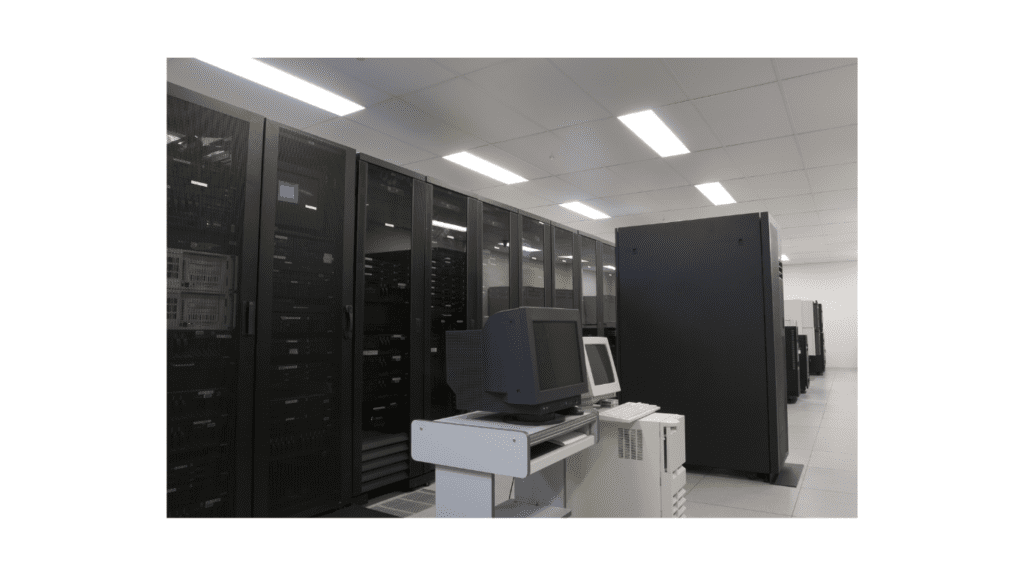IT field engineering transferable skills
Carl Clough, IT Field Service Engineer, investigates his IT field engineering transferable skills


It is part of the life of a Field Engineer that technology is constantly changing. Someone who started their career twenty years ago is very unlikely to be doing exactly the same job now. The structure of the day, the tools, the communication, and the technology will all be different. For most Field Engineers, this is a positive of the role, as nothing ever becomes boring.
Technology changes
However, what happens when technology changes and the job you have been doing no longer exists? Or if it does exist, it has changed to be office based rather than field based? Or, now someone more junior with less experience carries it out?
One office based senior technical person can support a number of field engineers, and Augmented Reality tools have made this even easier.
A clear example of this is what is happening to IT Field Engineers.
An IT Field Service Engineer
I spoke to Carl Clough an IT Field Service Engineer with more than twenty years of experience. Carl started his career working on IBM I series (AS400) and P series (RS600).


Carl tells me that there was a saying:
‘No manager ever got sacked for buying IBM’ – because with IBM you got the best Field Engineers to support you.
Carl noticed changes starting when customers started putting just a couple of things in the cloud. Once that worked smoothly and there were no issues with security, they moved over completely to the cloud.
For most SMEs the savings are significant.
• A new system will cost about £30,000 plus an electricity cost of £6,000
• To host the same system in the cloud is £10,000
For SMEs, there is now no reason to have any servers in their building as huge data centres can host everything. Over time, the cost of a rack in a data centre has dropped significantly – at one time a 50% decrease in a year.
Even for those customers who still have servers on site, there is not as much urgency. Virtualised machines mean that if 2 out of 5 servers are down, the company can still carry on. The Field Engineer will be needed but not within 2 hours as in the past.
The future
Carl feels that the future will be more and more huge data centres with fewer IT Field Engineers with a lower skill and experience level. Salaries have more than halved in some cases because of this. More senior engineers will either transition into operations or switch into another field.
An operations role suits some people who are ready for working from an office base, and don’t mind working shifts. However, for those who want to stay in the field, there are two questions:
• Which skills can they transition?
• How can you convince an employer that the skills you don’t have you can learn fast?
There could be opportunities in technologies where the system is run from an individual computer within the equipment, and not from a huge server room. For example:
Automated systems
High end audio/broadcast systems
Medical systems


Biomed is one of the industries seeing IT service engineers reskill. The systems are equally complex. An experienced Engineer with strong troubleshooting and customer facing skills, will not take long to learn the new ‘kit’. There is a shortage of Biomed field engineers, and this is one way the shortage could be filled.
What is your experience? How can these skills transfer to other areas?


Responses